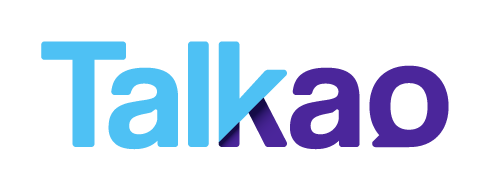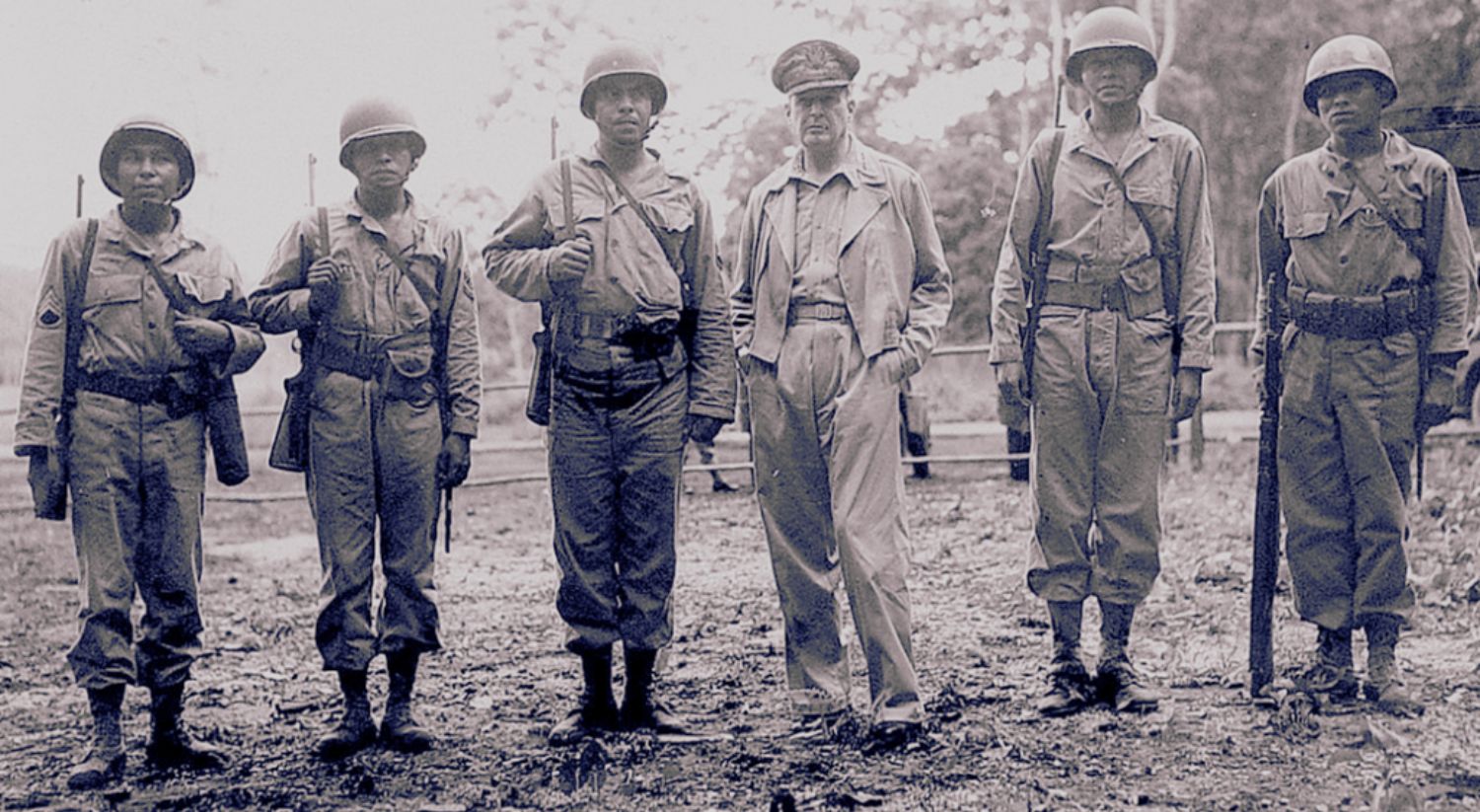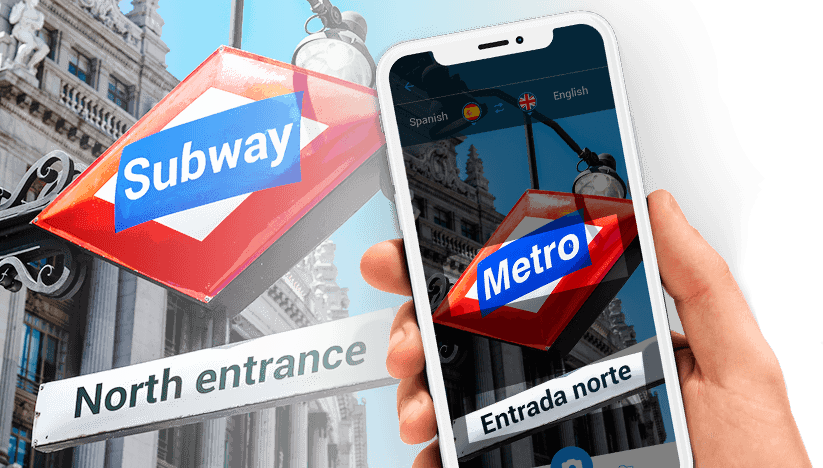
Dutch is a West Germanic language spoken by about 23 million people as their mother tongue and by 5 million more as a second language. Let’s start with our Dutch for beginners guide.
It is the official language of the Netherlands and Belgium, where it is known as Flemish. In addition, Dutch is also spoken in Suriname and the Netherlands Antilles, as well as in some communities in Indonesia, South Africa and Canada.
Dutch plays a crucial role in international trade, especially within the European Union. The Netherlands, known for its robust economy and openness to global trade, has made the language an essential tool for international relations and business.
Countries where it is spoken
Dutch is the official language in:
- The Netherlands: known for its beautiful canals, tulips and windmills, Dutch is the mother tongue of the majority of the population.
- Belgium: In the Flanders region, Flemish, a variant of Dutch, is the predominant language.
- Suriname: This South American country has Dutch as its official language.
- Netherlands Antilles: On islands such as Aruba, Curaçao and Sint Maarten, Dutch is one of the official languages.
This article aims to provide beginners with a practical and accessible guide to learning basic Dutch expressions. The intention is that, by the end of this guide, readers will be able to handle themselves in everyday situations and communicate effectively in a Dutch-speaking environment.
Benefits of learning basic Dutch expressions
Learning basic Dutch expressions for beginners has multiple benefits:
- Facilitates everyday communication: Being able to greet, say goodbye, ask for something politely and apologize can make everyday interactions much smoother.
- Cultural immersion: Knowing the language allows you to immerse yourself deeper into the local culture, gaining a better understanding of traditions and customs.
- Career opportunities: Dutch is a valuable business language, especially in Europe. Knowing it can open many doors in the job market.
- Personal enrichment: Learning a new language is an enriching experience that broadens your horizons and allows you to see the world from a new perspective.

Dutch greetings and farewells
Common greetings
Greeting is one of the most basic forms of human interaction and, in Dutch, there are several ways of greeting, depending on the level of formality.
Examples of formal and informal Dutch greetings
Formal:
- Goedemorgen (guduh-mor-gen) – Good morning
- Goedemiddag (guduh-mi-da) – Good afternoon
- Goedenavond (guduh-na-vont) – Good evening
Informal:
- Hallo (ha-lo) – Hello
- Hoi (hoy) – Hello (more informal)
- Dag (dah) – Hello/Goodbye (general use)
Common farewells
Saying goodbye correctly is just as important as saying hello. Here are some common ways to say goodbye in Dutch.
Examples of formal and informal farewells
Formal:
- Tot ziens (tot zeens) – Goodbye
- Dag (dah) – Goodbye (can be used both as a greeting and as a farewell)
- Vaarwel (vaar-wel) – Goodbye (very formal, rarely used)
Informales:
- Doei (dui) – Goodbye
- Tot later (tot la-ter) – See you later
- Tot morgen (tot mor-gen) – See you tomorrow
Basic manners
Please and thank you
Knowing how to ask for something politely and say thank you is essential in any language.
Examples of how to ask for something politely and say thank you
- Alstublieft (al-stu-blieft) – Please (formal)
- Alsjeblieft (als-ye-blieft) – Please (informal)
- Dank u wel (dank uu vel) – Thank you (formal)
- Dank je wel (dank ye vel) – Thank you (informal)
- Bedankt (be-dankt) – Thank you (more casual)
Apologizing
Apologizing appropriately is crucial to maintaining good interpersonal relationships.
Phrases to apologize and ask for forgiveness
- Sorry (sor-ree) – Sorry
- Het spijt me (het spayt meh) – I’m sorry
- Vergeef me (fer-hayf meh) – Forgive me
- Excuseer (eks-ku-seer) – Excuse me (formal)
Introducing yourself
Dutch introduction phrases
Introducing yourself is one of the first steps in starting a conversation.
Phrases to say your name and ask for someone else’s name
- Ik heet [your name] (ik hayt [your name]) – I’m [your name]
- Mijn naam is [your name] (mayn naam is [your name]) – My name is [your name]
- Hoe heet jij? (hu hayt yay) – What is your name?
- Wat is uw naam? (vat is uu naam) – What is your name? (formal)
Basic answers
Knowing how to answer common questions is essential to maintaining a conversation.
Common answers to introduction and general status questions
- Hoe gaat het? (hu gaat het) – How are you?
- Goed, dank je (jud, dank ye) – Fine, thanks
- Niet zo goed (neet zo jud) – Not very well
- Waar kom je vandaan? (vaar kom ye fan-daan) – Where are you from?
- Ik kom uit [your country] (ik kom aut [your country]) – I am from [your country]
Dutch numbers and dates
Basic Numbers
Numbers are fundamental to many daily interactions. Here are the numbers 1 to 10 in Dutch.
Numbers 1 to 10
- Een (ayn)
- Twee (tvay)
- Drie (dree)
- Vier (feer)
- Vijf (fayf)
- Zes (zes)
- Zeven (zay-fen)
- Acht (akt)
- Negen (nay-ghen)
- Tien (teen)
Days of the week
Knowing the days of the week is essential for planning activities and commitments.
List of days of the week
- Maandag (maan-dah) – Monday
- Dinsdag (dins-dah) – Tuesday
- Woensdag (woens-dah) – Wednesday
- Donderdag (don-der-dah) – Thursday
- Vrijdag (vry-dah) – Friday
- Zaterdag (zaa-ter-dah) – Saturday
- Zondag (zon-dah) – Sunday
Months of the year
The months of the year are important to talk about dates and events.
List of the months of the year
- Januari (ya-nu-ar-ree) – January
- Februari (fay-bru-ar-ree) – February
- Maart (maart) – March
- April (a-pril) – April
- Mei (may) – May
- Juni (yu-nee) – June
- Juli (yu-lee) – July
- Augustus (au-gus-tus) – August
- September (sep-tem-ber) – September
- Oktober (ok-to-ber) – Octobre
- November (no-vem-ber) – November
- December (de-sem-ber) – December
Common travel phrases
At the airport
Traveling can be stressful if you don’t know how to communicate in the local language. Here are some useful phrases in Dutch for beginners to get your bearings and manage reservations at the airport.
Useful phrases for finding your way around and managing reservations
- Waar is de incheckbalie? (vaar is de in-chek-ba-lee) – Where is the check-in desk?
- Ik heb een reservering. (ik hep en re-sear-ve-ring) – I have made a reservation.
- Waar is de uitgang? (vaar is de uit-gang) – Where is the exit?
- Waar kan ik mijn bagage ophalen? (vaar kan ik mayn ba-ga-ge o-phaa-len) – Where can I pick up my luggage?
- Hoe laat vertrekt mijn vlucht? (hu laat fer-trekt mayn vluht) – What time does my flight leave?
- Welke terminal moet ik hebben? (vel-ke ter-mi-nal moot ik he-ben) – Which terminal should I take?
At the hotel
When you arrive at your destination, you will need to check in at the hotel and possibly ask for information about the services. These phrases will be of great help to you.
Phrases to reserve a room and ask about services
- Ik heb een kamer gereserveerd. (ik hep en ka-mer ge-re-ser-veerd) – I’ve made a reservation (for a room).
- Welke faciliteiten heeft het hotel? (vel-ke fa-ci-li-tay-ten heyt het ho-tel) – What facilities does the hotel have?
- Hoe laat is het ontbijt? (hu laat is het on-bayt) – What time is breakfast?
- Kunt u mij de weg naar mijn kamer wijzen? (kunt uu may de vek naar mayn ka-mer vay-zen) – Can you show me the way to my room?
- Is er een zwembad? (is er en zwem-bad) – Is there a swimming pool?
- Hoeveel kost een nacht? (hu-veel kost en naht) – How much does a night cost?
At the restaurant
To enjoy the local gastronomy, it is important to know how to order in a restaurant and ask for the bill. Here are some phrases that will be useful.
Phrases to order from the menu and ask for the bill
- Mag ik de menukaart, alstublieft? (mag ik de me-nu-kaart, als-tu-blieft) – May I see the menu, please?
- Wat raadt u aan? (vat raht uu aan) – What do you recommend?
- Ik wil graag bestellen. (ik vil graahk be-stel-len) – I’d like to order.
- Kunt u mij de rekening brengen, alstublieft? (kunt uu may de rey-ke-ning bren-gen, als-tu-blieft) – Can you bring me the bill, please?
- Is dit gerecht vegetarisch? (is dit ge-reht ve-ge-tar-ees) – Is this dish vegetarian?
- Mag ik nog wat water, alstublieft? (mag ik noh vat va-ter, als-tu-blieft) – Can I have more water, please?
Emergencies
Calling for help
Knowing how to call for help in an emergency is crucial when traveling.
Phrases to call for help and immediate assistance
- Help! (help) – Help!
- Ik heb hulp nodig. (ik hep hulp no-dig) – I need help.
- Bel de politie. (bel de po-lee-tsee) – Call the police.
- Waar is de dichtstbijzijnde telefoon? (vaar is de dichts-bay-zayn-de te-lee-foon) – Where is the nearest telephone?
Medical problems
In case of a medical emergency, these phrases can be vital.
Phrases for seeking medical help and finding hospitals
- Ik heb een dokter nodig. (ik hep en dok-ter no-dig) – I need a doctor.
- Waar is het ziekenhuis? (vaar is het zee-kun-hous) – Where is the hospital?
- Ik ben gewond. (ik ben ghe-vond) – I am injured.
- Kunt u een ambulance bellen? (kunt uu en am-bu-lan-se bel-len) – Can you call an ambulance?
- Ik voel me niet goed. (ik fool may neet goed) – I don’t feel well.
- Heeft u medicijnen? (heft uu me-dee-see-nen) – Do you have medicine?
Culture and basic customs
Social customs
Understanding and respecting the social customs of the Netherlands is essential for a good integration.
Description of relevant social customs of the country
In the Netherlands, punctuality is highly valued, so it is always a good idea to be on time for appointments and meetings. Openness and honesty are also highly valued characteristics in daily communication.
Cultural tips
To behave appropriately and avoid misunderstandings, it is helpful to know some basic social norms.
Tips on proper behavior and basic social norms
- Punctuality: Being on time is a sign of respect and consideration.
- Directness: The Dutch value honesty and openness, so they are not easily offended by direct remarks.
- Tipping: Tipping is not obligatory, but it is customary to leave a little extra if the service has been good.
- Bicycles: The use of bicycles is very common, respect the bicycle lanes and traffic rules for cyclists.
Recommended applications and tools
There are several useful apps and online resources to improve your Dutch language learning.
Suggestions of apps and online resources for language learning
- Duolingo: A popular app for learning languages in a fun and effective way.
- Babbel: Offers Dutch language courses with a practical and interactive approach.
- Memrise: Uses flashcards and spaced repetitions to help you learn vocabulary.
- Talkao: Ideal for fast and accurate translations.
Books and courses
Books and courses can also be an excellent way to deepen your language learning.
Recommended books and available courses for beginners
- “Colloquial Dutch: The Complete Course for Beginners” by Bruce Donaldson: An excellent book to start learning Dutch.
- “Dutch for Dummies”: An easy-to-follow guide for beginners.
- University of Groningen Online Courses: They offer free basic Dutch courses through the FutureLearn platform.
- Rosetta Stone: A popular interactive course for learning Dutch.
Reaffirm the importance of learning the Dutch language
Learning Dutch for beginners will not only allow you to communicate effectively during your travels, but will also open doors to new professional and personal opportunities. Knowing the language will help you better integrate into the local culture and establish deeper relationships with native speakers.
To improve your command of Dutch, it is crucial to practice regularly. Here are some tips for incorporating the language into your daily life.
Tips for incorporating Dutch into everyday life
- Listen to Dutch music and watch movies in Dutch: This will help you become familiar with the accent and pronunciation.
- Read books and news in Dutch: This will increase your vocabulary and reading comprehension.
- Practice with native speakers: If you have the opportunity, converse with Dutch speakers.
- Use language learning apps: Talkao, Duolingo and other apps can be very useful.
Remember that learning a language is a journey that requires patience and perseverance. Each new word and phrase you learn brings you closer to understanding and appreciating a rich and diverse culture.
Keep practicing and don’t give up! Dutch for beginners may seem challenging at first, but with dedication and practice, you will master it. “Veel succes!” (Good luck!)









Newsletter